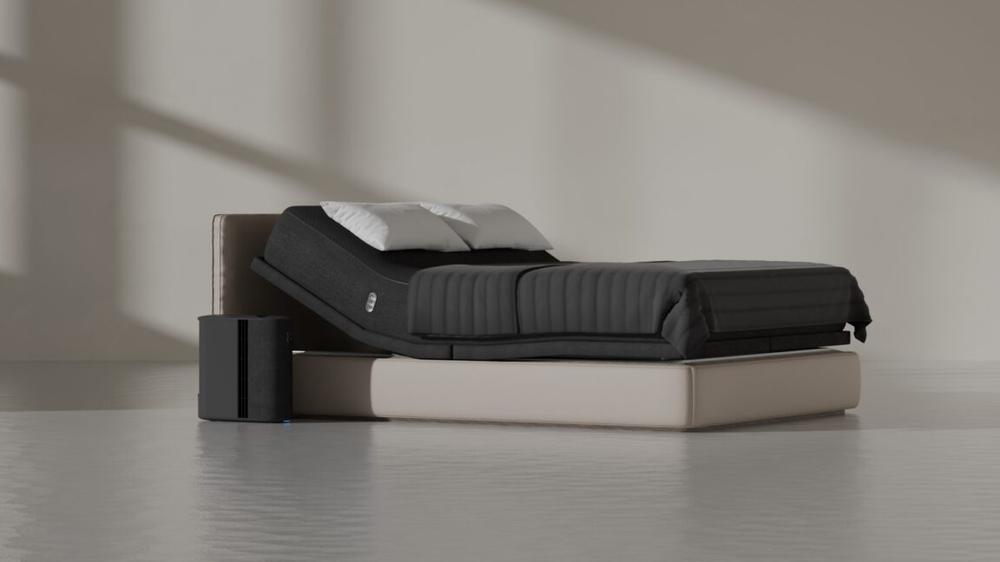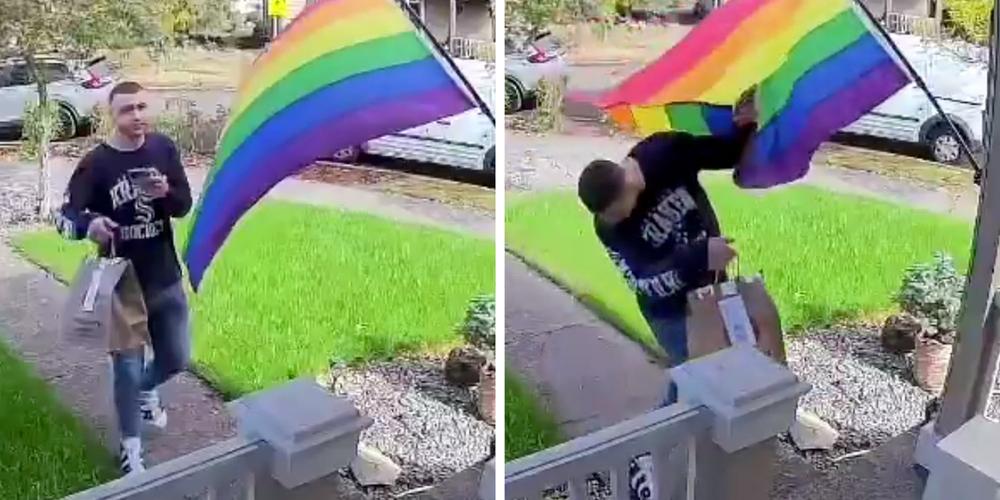This week’s Amazon Web Services outage had some people waking up on the wrong side of the bed.
A Domain Name System (DNS) resolution problem affected AWS cloud hosting, resulting in an outage that impacted more than 1,000 web-based products and services and millions of people.
Perhaps one of the most avoidable breakdowns came via people’s beds. The reliance on the Internet for smart bed products from Eight Sleep resulted in people being awoken by beds locked into inclined positions and sweltering temperatures.
As spotted by Dexerto, the AWS outage caused smart mattress covers from Eight Sleep to malfunction. These “Pod” mattress covers connect to a physical hub, and users can set the covers to temperatures between 55° and 110° Fahrenheit via a companion app. Eight Sleep also sells smart mattress bases that let people control their bed’s elevation with the app. As of this writing, the Pods’ MSRPs range from $2,449 to $3,249, and the base has a $1,950 MSRP. Eight Sleep also sells its Autopilot feature through an annual subscription that starts at $199. Autopilot is supposed to help automatically set Eight Sleep devices to users’ optimal sleeping conditions. Pod purchases require a one-year subscription to Autopilot.
Pods have on-device buttons for controlling the temperature without a phone, but the devices require an Internet connection for the adjustments to work. That limitation led to disturbing wake-up calls during the AWS outage as Eight Sleep smart beds became uncontrollable.
As one user on Reddit said:
I woke up too hot in the middle of the night last night and kept double-tapping like a maniac to adjust the temp[erature] down since I wasn’t getting any haptic feedback. I only found out why after I got up in the morning.
It would be somewhat understandable that Autopilot stops working because Eight Sleep’s backend is down but not being able to even adjust the temperature locally is ridiculous and completely unacceptable for such a high-end (and expensive) product.
A person on X wrote: “Would be great if my bed wasn’t stuck in an inclined position due to an AWS outage. Cmon now.”
Some users complained that malfunctioning devices kept them awake for hours. Others bemoaned waking up in the middle of the night drenched in sweat.
Even more basic features, such as alarms, failed to work when Eight Sleep’s servers went down.
Eight Sleep will offer local control
Eight Sleep co-founder and CEO Matteo Franceschetti addressed the problems via X on Monday:
The AWS outage has impacted some of our users since last night, disrupting their sleep. That is not the experience we want to provide and I want to apologize for it.
We are taking two main actions:
1) We are restoring all the features as AWS comes back. All devices are currently working, with some experiencing data processing delays.
2) We are currently outage-proofing your Pod experience and we will be working tonight-24/7 until that is done.
On Monday evening, Franceschetti said that “all the features should be working.” On Tuesday, he claimed that a local control option would be available on Wednesday “at the latest” without providing more detail.
Eight Sleep users will be relieved to hear that the company is working to make their products usable during Internet outages. But many are also questioning why Eight Sleep didn’t implement local control sooner. This isn’t Eight Sleep’s first outage, and users can also experience personal Wi-Fi problems. And there’s an obvious user benefit to being able to control their bed’s elevation and temperature without the Internet or if Eight Sleep ever goes out of business.
For Eight Sleep, though, making flagship features available without its app while still making enough money isn’t easy. Without forcing people to put their Eight Sleep devices online, it would be harder for Eight Sleep to convince people that Autopilot subscriptions should be mandatory. Pod hardware’s high prices will deter people from multiple or frequent purchases, making alternative, more frequent revenue streams key for the 11-year-old company’s survival.
After a June outage, an Eight Sleep user claimed that the company told him that it was working on an offline mode. This week’s AWS problems seem to have hastened efforts, so users don’t lose sleep during the next outage.

 We Build LEGO Star Wars Gingerbread AT-AT Walker, A Bundle of Christmas Joy
We Build LEGO Star Wars Gingerbread AT-AT Walker, A Bundle of Christmas Joy